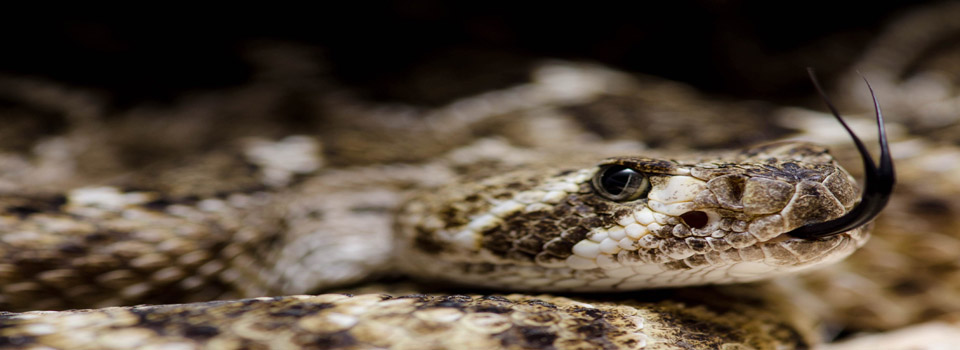In Home
In Attic
Under The Home
Skins Found In Basement
In Insulation
Climbing Walls
In Yard
In Pool
In Pond
In Grill
In Car
In Ceiling
In Toilet
In Dryer Vent
Non-Venomous Snakes Of Tennessee
Common Gartersnake
Common Kingsnake
Eastern Hog-nosed Snake
Gray Ratsnake
North American Racer
Red Cornsnake
Scarlet Kingsnake
Snake Identification
Found a snake, is it venomous or not?
Found a snake, is it venomous or not?
Need help identifying a snake.
Snake is rattling its tail like a rattlesnake.
Snakebite Advice in Nashville, TN
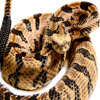
Timber Rattlesnake - Venomous - Found Statewide - envenomations can be quite severe.
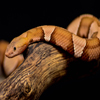
Copperhead - Venomous - Found Statewide - Most common envenomation, but often limited to tissue envenomation, requiring no antivenin in some cases.
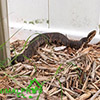
Water Moccasin - Venomous - Western Tennessee - Envenomations can be severe.
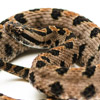
Pigmy Rattlesnake - Venomous - Western to Middle Tennessee - Envenomations are rare.
Contact Departments if Bitten by a Snake Include:
- Species of the snake.
- Size of the snake.
- Health of the snake.
- Condition of the fangs.
- Amount of venom injected.
- Fang punctures, one, two, or if multiple bites occurred.
- Age of the bite victim.
- Size of the bite victim.
- Location of the bite.
- Previous health of the victim.
Do’s and Do Not’s of Snakebite Care
- Do remove the victim from the area of the snake.
- Do secure pets if present.
- Do Not try to kill the snake.
- Do keep calm and still, as this will stop venom from quickly spreading.
- Do Not try to bring the snake with you to the hospital or poison center. All venomous snakes in Tennessee are Pit Vipers, and antivenin is the same.
- Do remove jewelry, watches, rings, and bracelets.
- Do identify the snake, if caan be done safely.
- If the snake has been killed, Do Not touch the snake, as even a dead snake can strike through retaining reflexes.
- Do Not give the victim anything to drink or eat, especially alcohol.
- Do Not attempt to suck out the venom from the bite area.
- Do Not attempt to cut the wound open to squeeze venom out.
- Do administer first-aid by washing the bite area throughly, avoiding suction, tourniquets, and incisions.
- Do Not apply ice or immerse in water.
- Do transport the victim to the nearest hospital and call the nearest poison center.
- Do Not administer antivenin without being a physician familiar with antivenin.
- Do avoid caffeinated beverages.
- Do Not wait for symptoms to appear.
Each yeat in the United States there are 7,000 – 8,000 venomous snake bites annually. Of those, only 12 are fatal from snakebite poisoning, reported annually. Most snake bites occur between April – October, when outdoor activities are occurring.
Snakebite Symptoms
Who is at the Greatest Risk of a Snake Bite?
- Hunting
- Fishing
- Kayaking
- Boating
- Hiking
- Off-Roading
- Gardening
- Biking
Always be aware of your surroundings, and avoid areas where snakes maybe hiding. Avoid putting hands under logs and under rocks. Wear boots and long pants for added protection if you are going where snakes are located. Avoid contact with a snake, and do not try to kill it. Contact a professional for immediate assistance in snake removal.

